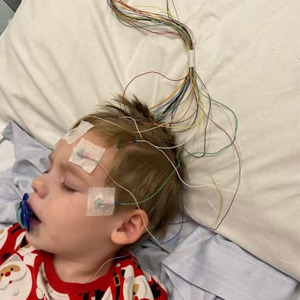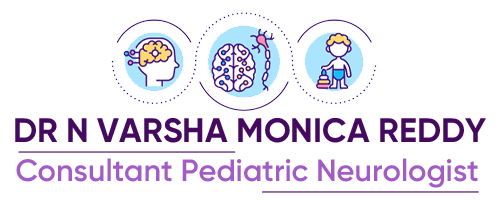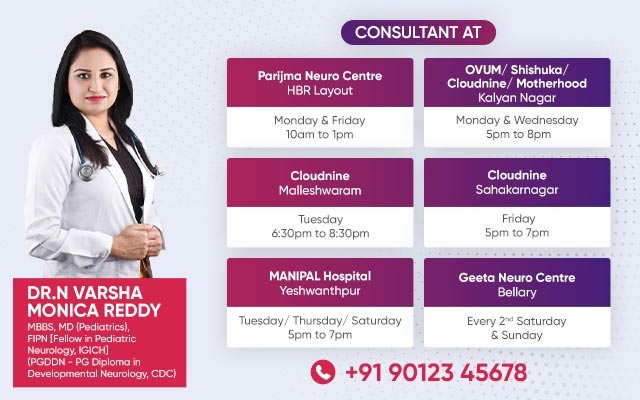Encephalitis is a term utilised to define the inflammation of the membranes that encompass the brain and spinal cord. This condition causes some issues with the brain and spinal cord function. The inflammation causes the brain to swell that leads to changes in the kid's neurological condition, including mental confusion and seizures.
Schedule your appointment with Dr. N. Varsha Monica Reddy for Encephalitis treatment in Yeshwanthpur.
What causes encephalitis?
The cause of encephalitis varies depending on the season, the area of the country, and the exposure of the child. Viruses are the leading cause of encephalitis. Although vaccines for many viruses, including measles, mumps, rubella, and chickenpox have greatly lowered the rate of encephalitis from these diseases, other viruses can cause encephalitis. These include herpes simplex virus, West Nile virus (carried by mosquitoes) and rabies (carried by a number of different animals).
Encephalitis can also happen following a bacterial infection, like Lyme disease, tuberculosis and syphilis, and by parasites, like toxoplasmosis.

What are the symptoms?
The symptoms might include:
- Fever
- Headache
- Aversion to light
- Neck stiffness
- sleepiness
- Increased irritability
- Seizures
- Skin rashes
- Trouble in talking and speech changes
- Changes in confusion, hallucinations or alertness
- Loss of energy
- Loss of hunger
- Unsteady gait
- Nausea and vomiting
How is encephalitis diagnosed in a child?
Your child may likewise have tests like:
- MRI: This test utilizes large magnets, radio waves, and a computer to make images of within the body. In some cases, a special dye is injected into a vein for the test. This dye helps show organs clearly.
- CT scan: This test utilizes a series of X-rays and a computer to make images of within the body. A CT scan shows more detail than a regular X-ray.
- Blood tests: These may incorporate a test for the NMDA receptor antibody and different antibodies.
- Urine and stool tests: These are done to check for infection and different issues.
- Sputum culture: This test takes a look at mucus that is coughed up from the lungs. This test is done to see whether your kid has a lung infection.
- Electroencephalogram (EEG): This test records the brain’s electrical activity through sticky pads (terminals) appended to the scalp.
- Spinal tap: This test utilizes a needle to assist with measuring the pressure in the spinal canal and brain. The doctor can likewise eliminate a small amount of cerebrospinal fluid (CSF) to send for testing. CSF is the fluid that encompasses your kid's brain and spinal cord. The fluid sample can help show if your kid has an infection or different issues.
- Brain biopsy: In rare cases, your kid might require a biopsy. A small sample of brain tissue is eliminated to test for diagnosis.
How is encephalitis treated in kids?
Encephalitis requires treatment immediately. A child requires to stay in the hospital where they can be watched closely.
Treatment will rely upon your kid's symptoms, age, and general health. It will likewise rely on how severe the condition is.
The objective of treatment is to lessen the swelling in the head and to prevent complications. Your kid might have to take meds to stop the infection and control seizures or fever. In severe cases, your kid might have to utilize a breathing machine (ventilator).
As your kid heals, they might require physical, occupational, or speech therapy. This will assist your child regain muscle strength and speech skills.
The doctor will let you know how to best care for your kid at home. Your kid will probably require regular tests with the doctor after they return home from the hospital.
Talk with your best children neurologist in Sahakarnagar about the risks, benefits and possible side effects of all treatments.

